The debate over India’s bid for a permanent seat on the United Nations Security Council (UNSC) has resurfaced with renewed vigor in recent months.
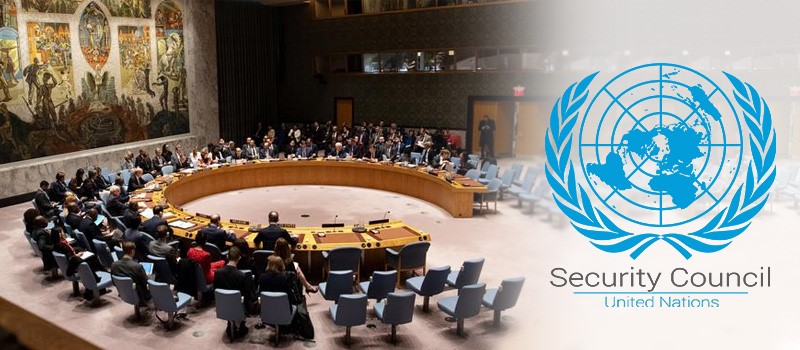
As one of the world’s largest democracies and a burgeoning economic powerhouse, India’s inclusion in the UNSC is being increasingly advocated by both Indian leaders and a growing number of international allies. However, historical tensions with China and the complexities of global geopolitics continue to complicate this quest.
Historical Context
India has been a persistent aspirant for a permanent seat on the UNSC since its independence in 1947. The UNSC, established in 1945, originally had five permanent members: the United States, the Soviet Union (now Russia), the United Kingdom, France, and China. This structure reflected the global power dynamics post-World War II but has since been criticized for not representing the current geopolitical realities.
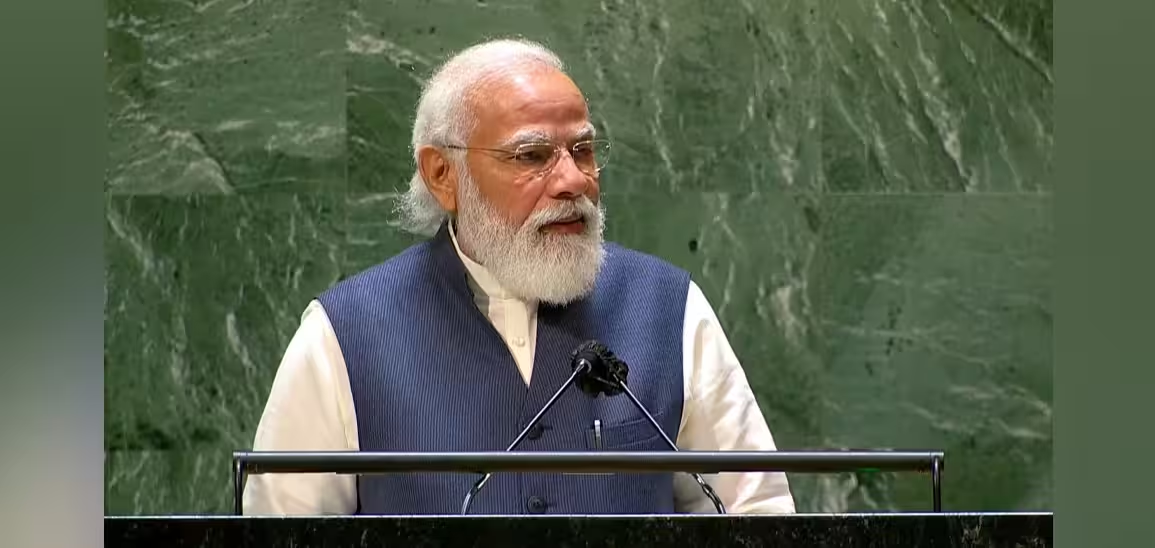
China, one of the original permanent members, has historically been a significant obstacle to India’s ambitions. The Sino-Indian War of 1962 left a deep scar in bilateral relations, and while economic ties have improved over the decades, political and military tensions persist. The border clashes in recent years, particularly in the Galwan Valley, have further strained relations and underscored China’s reluctance to support India’s UNSC bid.
Current Trends and Arguments
India’s Growing Influence
Proponents of India’s permanent membership argue that the country’s growing economic and political clout necessitates a revision of the UNSC’s permanent membership. India is the world’s fifth-largest economy, a nuclear power, and a significant contributor to UN peacekeeping missions. Its democratic governance and commitment to multilateralism also position it as a suitable candidate for a more influential role in global decision-making.
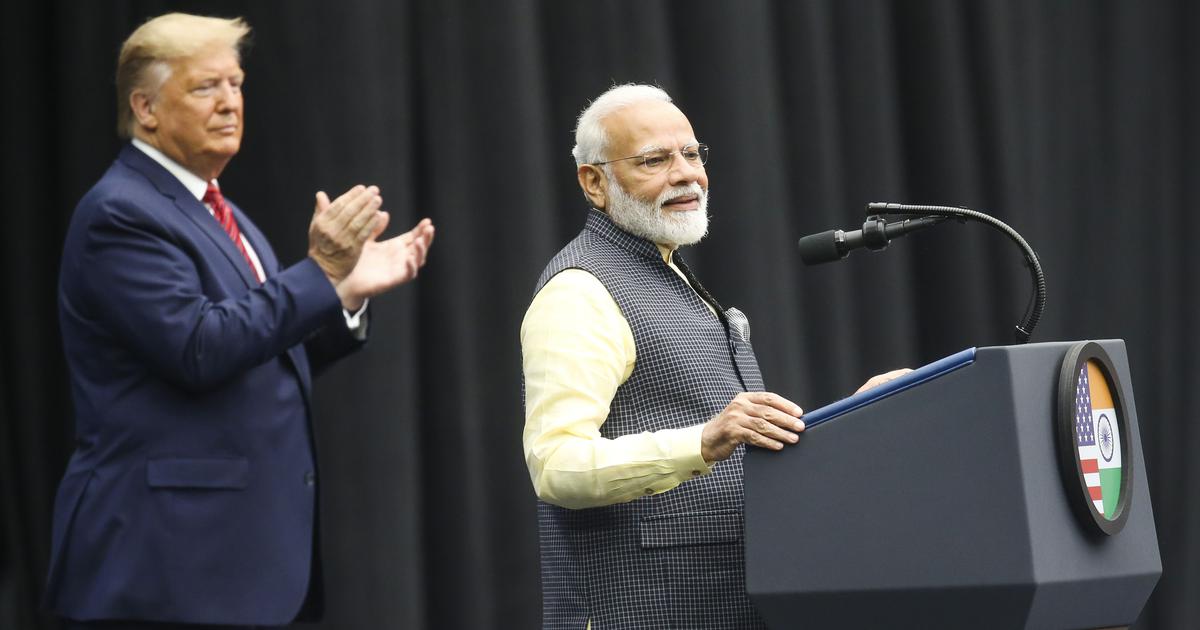
Support from Western Powers
Several Western politicians and leaders have openly supported India’s bid. Former U.S. President Barack Obama, during his visit to India in 2010, endorsed India’s candidature. More recently, U.S. President Joe Biden and French President Emmanuel Macron have reiterated their support. “India’s participation as a permanent member would add a necessary voice for democracy and development in the UNSC,” Macron stated during a bilateral meeting.
German Chancellor Olaf Scholz has also backed India’s inclusion, emphasizing the need for UNSC reform to reflect current geopolitical realities. “The world has changed since 1945, and the Security Council must change with it,” Scholz asserted, highlighting the importance of including countries like India to maintain the legitimacy and effectiveness of the UN.
China’s Opposition
China remains the most significant hurdle in India’s path to permanent membership. Beijing’s opposition is rooted in strategic rivalry and concerns over balance of power in Asia. China’s close ties with Pakistan, a vocal opponent of India’s UNSC bid, further complicate the scenario. Chinese diplomats argue that any expansion of the UNSC must be based on a broad consensus, a stance that effectively grants China veto power over any changes.
Opinions from Western Politicians
Support for Democratic Representation:
Many Western politicians advocate for India’s permanent membership on the grounds of enhancing democratic representation within the UNSC. British Foreign Secretary James Cleverly recently remarked, “Including India, a vibrant democracy, would strengthen the UNSC’s ability to address global challenges more effectively.”
Economic and Security Considerations:
Economic ties and security collaborations also play a role in the support from Western nations. U.S. Senator Lindsey Graham noted, “India is a key ally in the Indo-Pacific strategy. Its inclusion in the UNSC would bolster our collective security framework and economic cooperation in the region.”
Concerns about Chinese Hegemony:
There is a growing concern among Western leaders about China’s increasing assertiveness on the global stage. Canadian Prime Minister Justin Trudeau has voiced support for India’s bid as a counterbalance to Chinese influence. “A more inclusive Security Council with India as a permanent member can act as a counterweight to unilateral actions by any single power,” Trudeau stated.
Conclusion
India’s quest for a permanent seat on the UNSC is a reflection of its aspirations to play a more prominent role in global governance. The support from Western nations underscores the recognition of India’s potential to contribute positively to international peace and security. However, the path to permanent membership is fraught with challenges, primarily due to China’s opposition.
The ongoing debates and diplomatic negotiations will determine whether the UNSC can evolve to better reflect contemporary global dynamics. As the world faces complex issues like climate change, terrorism, and pandemics, the inclusion of diverse voices like India’s in the UNSC could enhance the council’s relevance and effectiveness. Ultimately, the question remains: will the international community muster the collective will to reform the UNSC in a way that includes India and other emerging powers, or will the status quo prevail?


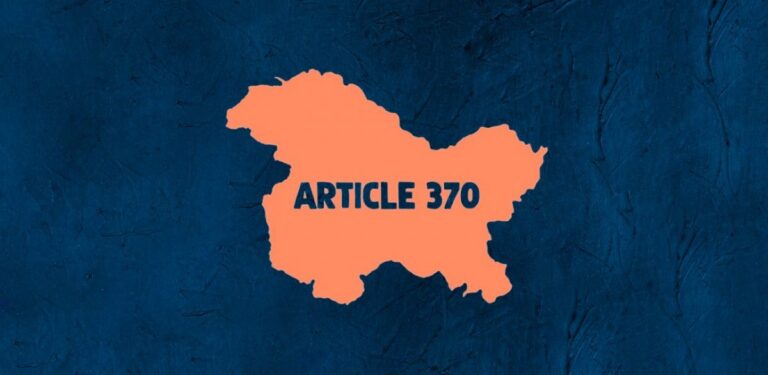

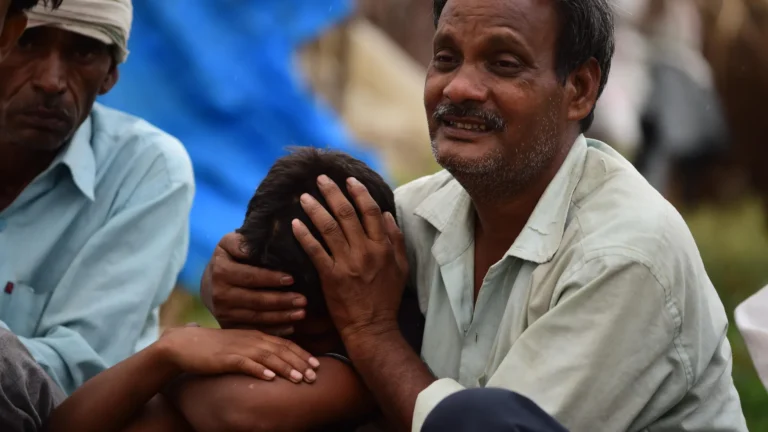
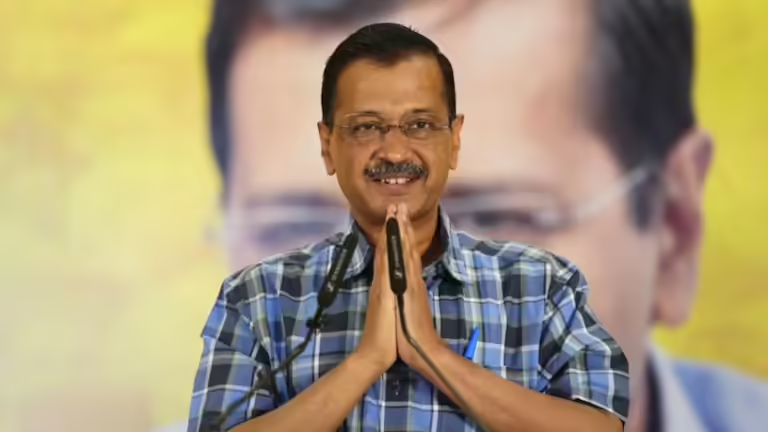




Responses